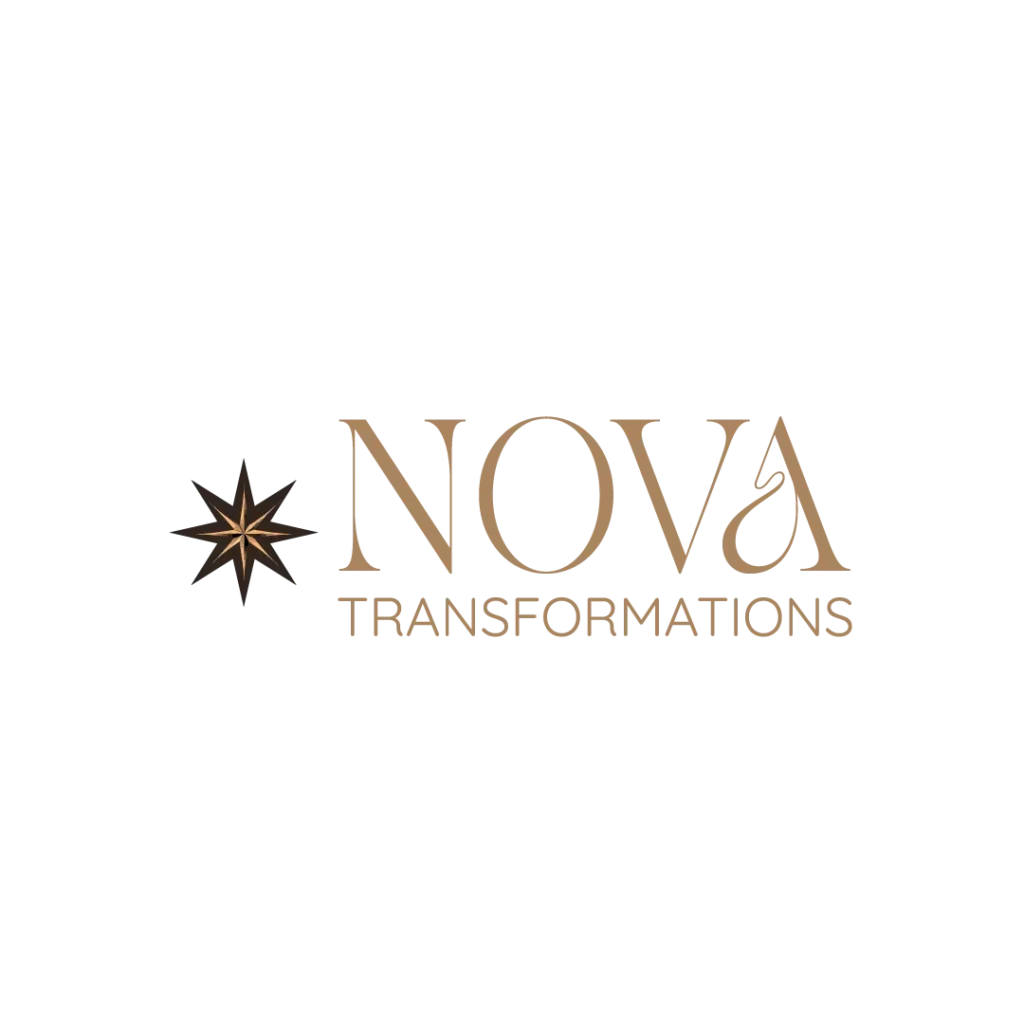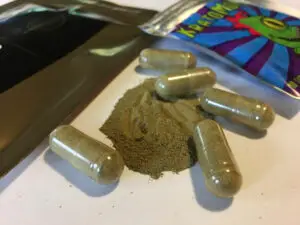Nova Transformations: Your Choice for Recovery
Understanding Alcohol Use Disorder
Alcohol Use Disorder (AUD) is a condition that affects millions of adults across the United States, with many individuals facing challenges in controlling their drinking at various points in their lives. Approximately 1 in 10 children grow up in households with a parent suffering from AUD, highlighting the wide-reaching implications of this disorder. The good news is that most people with AUD can benefit from professional treatment, regardless of the severity of their condition. Many individuals can significantly reduce their alcohol consumption and reduce alcohol-related issues when they engage in a structured treatment program.
Navigating the complexities of AUD can feel overwhelming. Understanding the disorder is the first step towards recovery. Treatment options, such as behavioral health care and medication options, play crucial roles in effectively addressing AUD. With proper support, patients can experience a significant transformation in their lives.
Importance of Seeking Treatment
Seeking treatment for AUD is vital for anyone affected by the condition. Only about 20 percent of individuals eligible for medication-assisted treatment receive the necessary support. FDA-approved medications for AUD, including disulfiram, naltrexone, and acamprosate, have been shown to provide substantial benefits to those struggling with alcohol dependency. Unfortunately, these medications remain vastly underutilized, being prescribed to only 1.6% of adults with past-year AUD as of the latest analysis (NIH).
Understanding the significance of these treatment options underscores the importance of reaching out for help. Utilizing approaches tailored to meet individual needs can enhance recovery outcomes. Nova Transformations offers comprehensive alcohol addiction treatment that integrates evidence-based therapies and medication management, ensuring that you or your loved one receives personalized support throughout the recovery journey. Explore our effective programs to take the first step towards a healthier life.
The Role of Continuing Care
Continuing care plays a vital role in the journey towards recovery from alcohol addiction. Engaging in ongoing support and interventions can significantly enhance the likelihood of long-term sobriety.
Evidence-Based Interventions
Continuing care encompasses various evidence-based interventions that are proven to assist individuals with alcohol use disorder (AUD) in maintaining their sobriety. Research indicates that continuing care is essential, especially for individuals at a higher risk of relapse. Reviews of literature demonstrate overall positive outcomes for both adolescents and adults undergoing continuing care, particularly with frameworks such as assertive continuing care (ACC) (PubMed Central).
A summary of effective interventions includes:
| Intervention Type | Description |
|---|---|
| Mindfulness-Based Relapse Prevention (MBRP) | Reduces relapse rates through mindfulness practices focused on maintaining sobriety. |
| Recovery Management Checkups (RMC) | Offers structured checkups that improve substance use outcomes and facilitate quicker reentry into treatment during relapses. |
| Phone-Based Continuing Care | Provides ongoing support and resources through easily accessible phone services to reduce substance use. |
These interventions foster a supportive environment conducive to recovery.
Support for Relapse Prevention
Support is a critical component of successful recovery from alcohol addiction. Support groups are fundamental in managing alcohol use problems, as they help individuals cope with challenges, prevent relapses, and maintain long-term sobriety (Mayo Clinic).
Some common forms of support for relapse prevention include:
| Support Type | Description |
|---|---|
| Peer Support Groups | Facilitate shared experiences among individuals recovering from AUD. |
| Family Support Therapy | Engages loved ones to create a supportive recovery environment. |
| Structured Therapy Programs | Offers guided therapeutic sessions focusing on relapse prevention strategies. |
Choosing Nova Transformations for your alcohol addiction treatment means gaining access to comprehensive continuing care tailored to your needs. By leveraging these evidence-based interventions and support systems, you can effectively navigate the challenges of recovery. For more information on available treatment options, visit our cognitive behavioral therapy addiction page.
Aftercare for Long-Term Sobriety
Effective aftercare is a critical component of the recovery process, ensuring that you have the necessary support and strategies in place to maintain your sobriety after completing an alcohol addiction treatment program. Understanding the types of aftercare support available and learning how to build a relapse prevention plan can significantly enhance your chances of long-term success.
Types of Aftercare Support
Aftercare support encompasses various programs and resources designed to help you transition from a structured treatment environment back into everyday life. Here are some options to consider:
| Aftercare Support Type | Description |
|---|---|
| Sober Living Homes | Provide a structured, drug-free living environment with peer support. |
| Support Groups | Facilitate connections with others in recovery, such as Alcoholics Anonymous (AA). |
| Individual Counseling | Offers personalized therapy sessions to address emotional and psychological needs. |
| Recovery Management Checkups (RMC) | Regular check-ins to assess progress and provide tailored support (PubMed Central). |
| Mobile Health Interventions | Includes smartphone apps and texting programs for real-time support and motivation (PubMed Central). |
Each type of aftercare support can play a pivotal role in maintaining your sobriety and managing potential triggers during the transition period.
Building a Relapse Prevention Plan
Creating a relapse prevention plan is essential for sustaining recovery from alcohol addiction. This plan should include personal strategies and resources to manage cravings and deal with high-risk situations. Here are steps to consider when building your plan:
- Identify Triggers: Recognize situations, emotions, or individuals that may tempt you to relapse.
- Develop Coping Strategies: Create actionable strategies, such as practicing mindfulness or deep breathing techniques, to manage cravings.
- Establish Support Networks: Include family, friends, and mentors who can offer encouragement and accountability in your recovery journey (Gateway Rehab).
- Set Goals: Define personal sobriety goals and check-in points to assess your mental and emotional health.
- Reassess and Adapt: Continuously evaluate your plan and adjust as needed. Consider setbacks as opportunities for growth rather than failures.
A well-structured relapse prevention plan helps you remain vigilant and prepared, paving the way for a successful and sober life. Take advantage of available resources and support systems, as they can be invaluable in your ongoing recovery journey.
Family and Community Involvement
In addiction recovery, the role of family and community can significantly enhance the healing process. By establishing robust support systems and creating a healthier environment, individuals can find the strength needed to maintain their sobriety.
Support Systems for Recovery
Support systems play a crucial role in the recovery journey. Involving family and community in the treatment process can provide a strong safeguard against relapse. Family therapy addresses past wounds and encourages open communication, thereby fostering a supportive atmosphere for recovery. Moreover, community support networks help in creating connections with others who prioritize wellness, ensuring that individuals receive encouragement and reinforcement as they pursue a substance-free life.
| Type of Support | Description |
|---|---|
| Family Therapy | Involves family members in the therapeutic process to address underlying issues and improve communication. |
| Community Support Groups | Offer a network of peers who share similar experiences, providing emotional support and sharing strategies for sobriety. |
| Professional Counseling | Engage with therapists who specialize in addiction recovery to discuss personal challenges and recovery goals. |
Creating a Healthy Environment
A healthy home environment is vital for successful recovery. Simple changes can make a significant difference. This includes reducing triggers related to substance use and establishing routines that promote a sober lifestyle. Encouraging positive interactions, setting boundaries, and celebrating achievements in recovery can help create a supportive atmosphere. Communities can also contribute by organizing awareness events and groups that focus on addiction prevention and recovery support.
By actively participating in these systems and fostering a healthy environment, you can strengthen your recovery journey. Find out more about how Nova Transformations can assist in building these vital support structures and ensuring an effective alcohol addiction treatment plan tailored to your needs.
Medications and Treatment Options
Choosing the right medications and treatment options is essential for effective alcohol addiction treatment. At Nova Transformations, you can benefit from a combination of approved medications and therapeutic interventions designed to support your recovery journey.
Approved Medications for AUD
In the United States, three primary medications are approved to assist individuals in reducing or stopping their alcohol consumption and preventing relapse:
| Medication | Purpose | Mechanism of Action |
|---|---|---|
| Naltrexone | Reduce cravings and drinking frequency | Blocks the pleasurable effects of alcohol, minimizing the “high” associated with drinking. |
| Acamprosate | Help maintain sobriety post-treatment | Reduces cravings by restoring chemical balance in the brain after alcohol withdrawal. |
| Disulfiram | Aversion therapy for alcohol consumption | Causes unpleasant reactions if alcohol is consumed, deterring drinking behaviors. |
These medications can be integrated into a comprehensive treatment plan that includes various therapeutic approaches, ensuring a holistic recovery experience. If you’re interested in additional support options, explore our specialized treatments for related substances like cocaine addiction treatment or heroin addiction recovery.
Integrating Behavioral Treatments
Behavioral therapies play a pivotal role in addressing alcohol use disorder (AUD). At Nova Transformations, you are encouraged to engage in evidence-based therapies that align with your unique recovery needs. Two prominent methods include:
-
Cognitive Behavioral Therapy (CBT): This effective approach targets negative thoughts and behaviors associated with alcohol use. CBT sessions typically involve conversations between you and a trained psychologist and can yield lasting changes in as few as five sessions (Alcohol Help).
-
Motivational Interviewing (MI): MI focuses on enhancing your motivation for change by helping you identify and confront ambivalence regarding alcohol use. This method often spans 1 to 4 sessions, employing principles to foster self-improvement (Alcohol Help).
Combining these therapies with medications can enhance your chances of success in overcoming alcohol addiction. For comprehensive support in specific contexts, consider our dual diagnosis mental health and addiction programs which address underlying mental health challenges alongside substance use.
Through the integration of approved medications and behavioral treatments, Nova Transformations equips you with the tools necessary for sustainable recovery from alcohol addiction.
Specialized Therapies for Recovery
Choosing the right therapeutic approach is essential for effective alcohol addiction treatment. Below are two widely recognized methodologies that can significantly aid individuals on their recovery journey: Cognitive Behavioral Therapy (CBT) and Motivational Interviewing (MI).
Cognitive Behavioral Therapy (CBT)
Cognitive Behavioral Therapy (CBT) is a highly effective treatment for addressing the burdens associated with alcoholism. The primary focus of CBT is on identifying negative thoughts and behaviors associated with drinking and replacing them with positive alternatives. CBT sessions typically involve a discussion between you and a trained psychologist and can lead to notable improvements even in as few as five sessions.
Key Components of CBT
| Component | Description |
|---|---|
| Identifying Negative Thoughts | Recognizing harmful thought patterns that lead to alcohol consumption. |
| Behavioral Modification | Implementing positive changes to disrupt the cycle of addiction. |
| Skill-Building | Learning coping mechanisms and strategies for resisting cravings. |
CBT is tailored to your individual experiences and can effectively foster healthier mental frameworks, contributing significantly to your recovery process.
Motivational Interviewing (MI)
Motivational Interviewing (MI) is another valuable approach widely utilized for recovering from substance abuse disorders, including alcoholism. This technique encourages individuals to overcome ambivalence regarding treatment by fostering motivation for self-improvement and goal setting. MI typically spans 1 to 4 sessions and incorporates four guiding principles to enhance the therapeutic experience (Alcohol Help).
Core Principles of MI
| Principle | Description |
|---|---|
| Expressing Empathy | Understanding the individual’s feelings and perspectives regarding addiction. |
| Developing Discrepancy | Highlighting the gap between current behaviors and personal goals. |
| Rolling with Resistance | Accepting resistance as a natural part of change rather than confronting it directly. |
| Supporting Self-Efficacy | Encouraging belief in oneself and the ability to change behavior. |
MI facilitates a supportive environment that can lead to decisive steps towards recovery, making it an impactful method for those battling alcohol addiction.
Incorporating therapies like CBT and MI into your recovery plan can provide the necessary tools and support you seek. For more information on additional treatment options, explore our sections on fentanyl addiction program and heroin addiction recovery to see how various therapeutic approaches can help in your journey toward sobriety.








